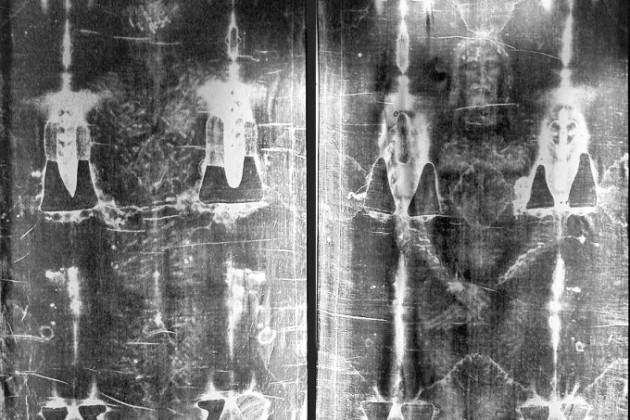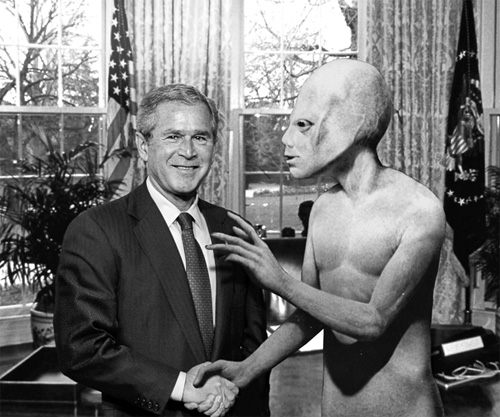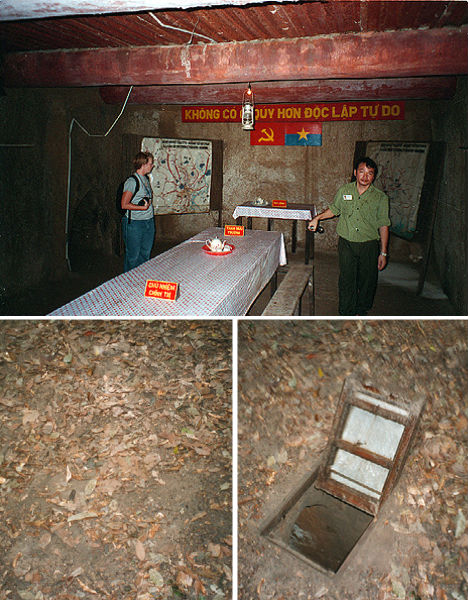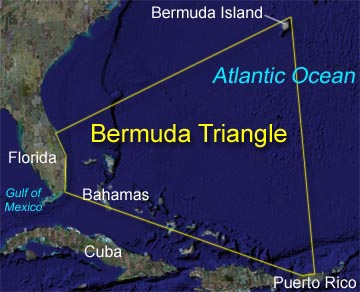| Mona Fandey | |
|---|---|
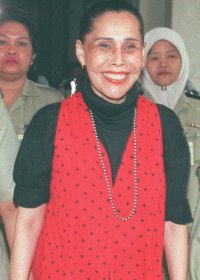
Mona Fandey in court
|
|
| Born | Maznah Ismail 1 January 1956 Malaysia |
| Died | 2 November 2001 (aged 45) Kajang Prison, Selangor,Malaysia |
| Cause of death | Execution by hanging |
| Resting place | Kajang Cemetery, Selangor,Malaysia |
| Nationality | Malaysian |
| Occupation | Pop singer |
| Criminal charge | Murder of Datuk Mazlan Idris |
| Criminal penalty | Death penalty |
| Criminal status | Sentence fulfilled on 2 November 2001 |
| Spouse(s) | Mohd Affandi Abdul Rahman (deceased) |
| Conviction(s) | Murder |
Maznah Ismail (1956 – 2 November 2001), better known as Mona Fandey, was a pop singer, witch doctor, and a murderer fromMalaysia. She was executed on 2 November 2001 at the age of 45, after being convicted of the murder of a politician, Mazlan Idris, in 1993.
Contents
- 1 The murder
- 2 Trial and execution
- 3 Legacy
- 4 References
- 4.1 Citations
The murder
After leaving the music business, she became involved in spiritual witchcraft activities and was known to be a bomoh, a localshaman. She began offering her services to clients, mostly from the upper-class society. She also claimed to have provided politician clients in the ruling party with a variety of charms and talismans.
It was reported that Mazlan Idris, a state assemblyman for the constituency of Batu Talam in the state of Pahang, wanted to boost his political career and sought the services of Mona for assistance. Mazlan was educated in the United States and was an ambitious politician from the ruling United Malays National Organisation (UMNO) party. At that time, Mona worked with her husband Mohamad Nor Affandi Abdul Rahman, 44, and their assistant Juraimi Hassan, 31. Mona and her husband promised to help Mazlan by giving him a talisman consisting of a cane and sbatmi headgear which was supposedly owned by former Indonesian President Sukarno. Mona convinced Mazlan that he would be “invincible” if he held the talisman. In return, Mona demanded RM 2.5 million. Mazlan paid the couple RM 500,000 as deposit, and gave them 10 land titles as surety for the remaining RM 2 million.
An appointment was made for cleansing rituals to be performed at Mona’s house. Mazlan was told to lie on the floor face up while Mona placed flowers on him. She then told Mazlan to close his eyes and wait for the money to “fall from the sky”. Juraimi then, using an axe, chopped Mazlan’s head off. They also dismembered and partially skinned Mazlan’s body. His body was found in 18 parts buried in a storeroom near Mona’s house in Pahang.
Trial and execution
Mazlan was reported missing on 2 July 1993 after withdrawing RM 300,000 from a bank. After the murder, Mona was reported to have been on a shopping spree where she bought a Mercedes-Benz and had a facelift. It was alleged that the murder occurred between 10:00 PM and 12 midnight on 18 July 1993. On 22 July 1993, police found Mazlan’s body; Mona, her husband, and Juraimi were arrested and a highly publicised trial began. They were tried in Temerloh High Court by a 7-person jury (trial by jury was abolished from 1 January 1995). The High Court found all three of them guilty and sentenced them to death by hanging. Mona and the others filed appeals to the Federal Court and in 1999 the court dismissed their appeals and upheld the death sentence. Finally, the three convicts sought to obtain a pardon or clemency from the Pardons Board of Pahang, their final chance redemption. However, the board refused to give clemency. The three were given a last meal of KFC on the night before their execution. Mona, Affandy, and Juraimi were finally hanged on 2 November 2001 at Kajang Prison. A prison official said the trio expressed no remorse at the pre-dawn execution.
Throughout the trial, Mona exhibited strange behaviour including appearing cheerful, constantly smiling and posing for press photographers. She dressed extravagantly with bright and colourful designs on her dress. She also remarked, “looks like I have many fans”. It was also reported that during her execution she uttered the words “aku takkan mati“, meaning “I will never die”, and was still calm and smiling The last female executed in Malaysia had been Tan Bee Lee in 1994 for a drug trafficking offence.
Legacy
Mona Fandey gained more notoriety than she had been when she was still a pop singer. There was wide local and even international media coverage and plenty of public interest. Anti-death penalty movements including Amnesty International voiced their opposition to the execution of the trio. In 2002, Malaysian film director Amir Muhammadmade a short film entitled Mona in his 6 horts series. In 2006, a film by Dain Iskandar Said entitled Dukun was widely assumed to be based on Mona Fandey. This highly anticipated film has not been released as of December 2011 and will most likely not be released for public screenings due to concerns relating to the contents of the film, the relationship with Mona Fandey, and the implications for her family.
The Mona Fandey affair was one of the last jury trials to be conducted in Malaysia. The sensational nature of the case contributed toward the government’s decision to discontinue the jury system. All trials by jury were abolished on 1 January 1995.
Originally posted 2014-05-20 09:50:04. Republished by Blog Post Promoter



